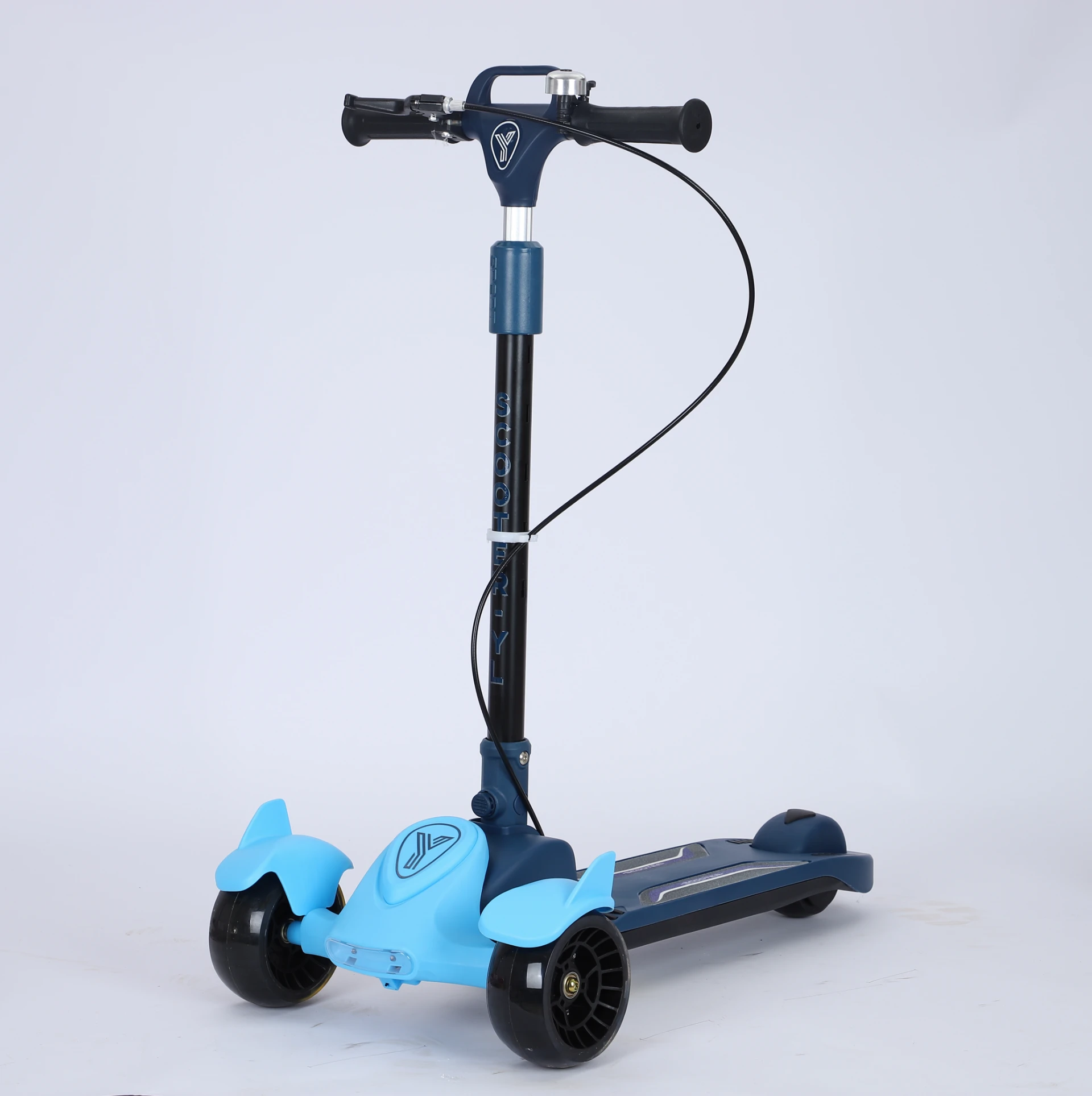Understanding Dimensions for Adult Mountain Bikes to Enhance Riding Experience
Understanding Adult Mountain Bike Dimensions
When it comes to mountain biking, selecting the right bike size is crucial for both performance and comfort. Adult mountain bike dimensions play a vital role in how the bike feels during rides, affecting everything from handling and stability to muscle efficiency. In this article, we will explore the key factors to consider when choosing the right dimensions for an adult mountain bike.
Frame Size
The most important dimension of a mountain bike is its frame size. Mountain bike frames come in various sizes, typically categorized by small, medium, large, and extra-large. The correct frame size allows the rider to maintain proper body position while cycling, which enhances control and reduces fatigue.
To determine the ideal frame size, consider your height and inseam measurement (the length from your groin to the floor). For instance, a standard guideline for frame sizing suggests the following approximate measurements
- Small 5'0 - 5'4 (150 - 163 cm) - Medium 5'4 - 5'8 (163 - 173 cm) - Large 5'8 - 6'0 (173 - 183 cm) - Extra-large 6'0 and above (183 cm and above)
These ranges are not universal, so it's advisable to check specific brand sizing charts. Additionally, sitting on the bike in a shop or at an event can provide a better feel for how a particular size fits.
Top Tube Length
The top tube length is another critical measurement. This dimension affects how the bike feels in terms of reach and comfort while riding. A longer top tube generally allows for a more stretched-out position, ideal for aggressive riding or racing. Conversely, a shorter top tube offers a more upright position that may be more comfortable for casual riders or those who prioritize stability.
Many mountain bikes allow for some adjustability in the cockpit through stem length and handlebar position, but ensuring original dimensions are close to what feels comfortable is equally important
.adult mountain bike dimensions

Standover Height
Standover height is the measurement from the ground to the top of the top tube. It plays a crucial role in safety and comfort, particularly when navigating technical terrains. Riders should ideally have 1 to 2 inches (2.5 to 5 cm) of clearance when standing over the bike. This ensures that if a sudden stop is required, the rider can quickly dismount without difficulty.
Wheel Size
Mountain bikes often come with different wheel sizes, which significantly influence the bike’s handling characteristics. The most common wheel sizes are 26, 27.5 (650b), and 29. Each size has particular advantages; for instance
- 26-inch wheels provide more maneuverability and are typically favored for tight trails with many twists and turns. - 27.5-inch wheels strike a balance between the agility of 26 and the rolling efficiency of 29. They have gained popularity in recent years for a wide range of riding styles. - 29-inch wheels are known for their ability to roll over obstacles easily and cover ground quickly, making them a great choice for cross-country riding.
The choice of wheel size also affects frame geometry and overall bike dimensions, making it an integral aspect to consider when selecting a mountain bike.
Final Thoughts
Choosing the right adult mountain bike dimensions requires careful consideration of several factors, including frame size, top tube length, standover height, and wheel size. Each dimension is interconnected and impacts how the bike performs on different terrains.
Remember that personal preference plays a significant role in comfort and efficiency while riding. It’s always a great idea to test ride several models and make adjustments before settling on your preferred bike. Ultimately, finding a bike that feels just right under you can make all the difference in your mountain biking experience, allowing you to tackle trails confidently and enjoy the wonderful outdoors. Happy riding!
-
The Perfect Baby TricycleNewsAug.11,2025
-
Ride into Fun with Bikes for KidsNewsAug.11,2025
-
Ride into Adventure with the Perfect Kids Balance BikeNewsAug.11,2025
-
Fun and Safe Riding with the Best Childrens ScootersNewsAug.11,2025
-
Find the Perfect Childrens Bike for Your Little OneNewsAug.11,2025
-
Explore the Best Baby Tricycles for Your Little OneNewsAug.11,2025
-
Three-Wheel Light-Up Scooter Benefits for KidsNewsJul.11,2025








